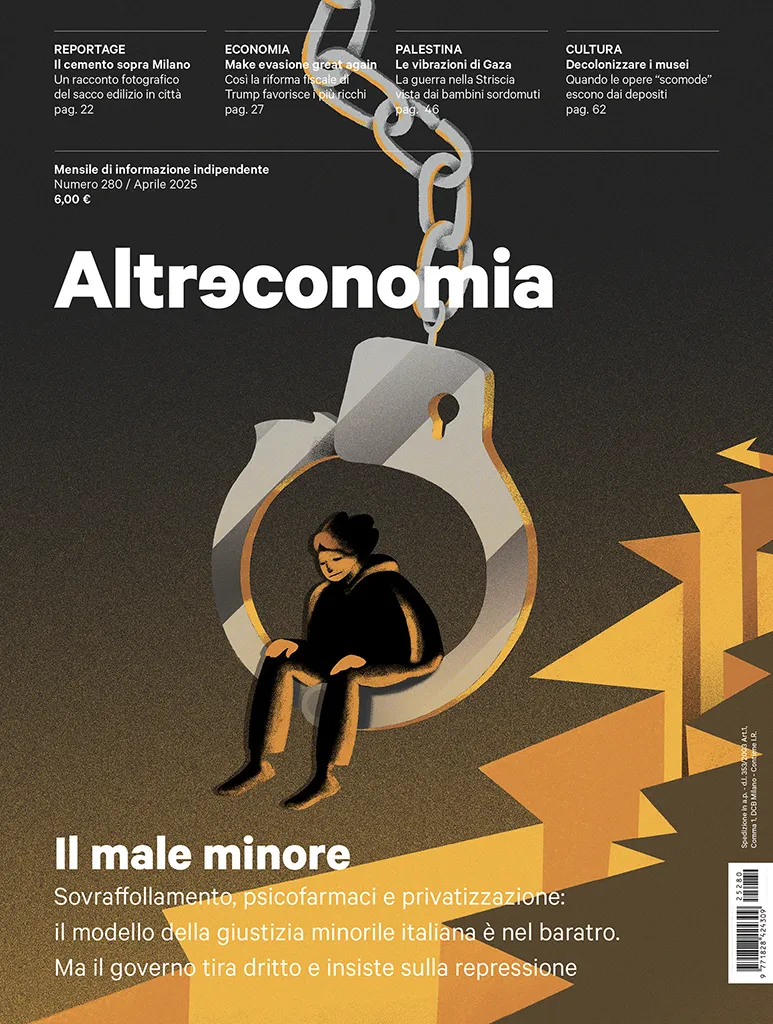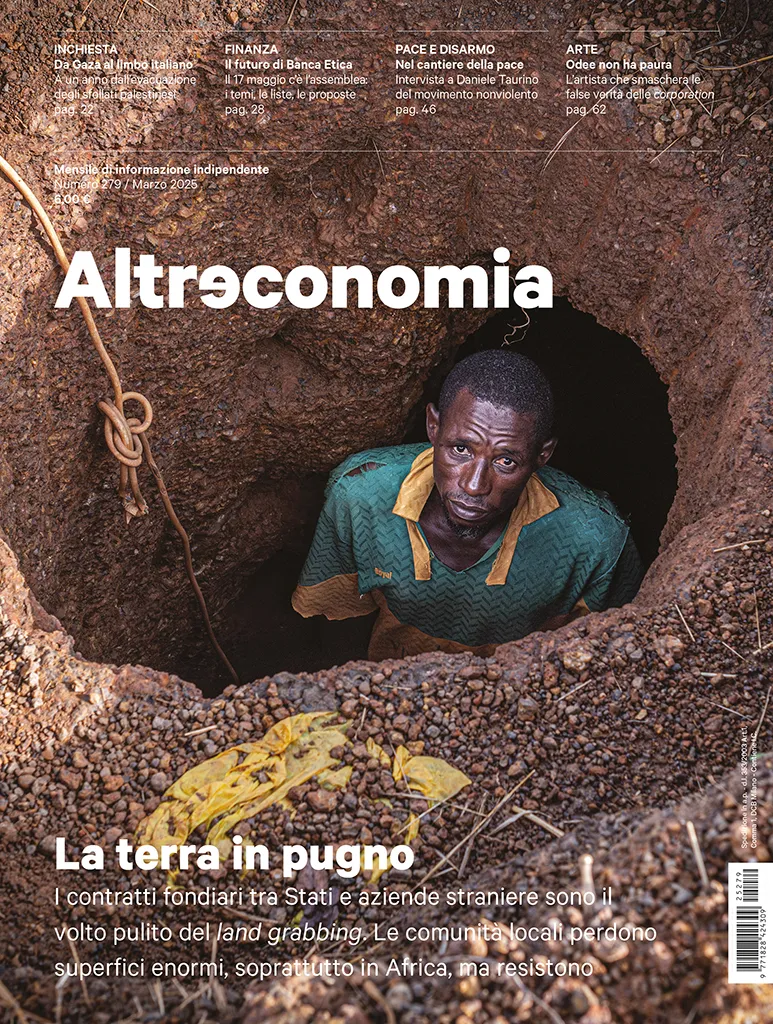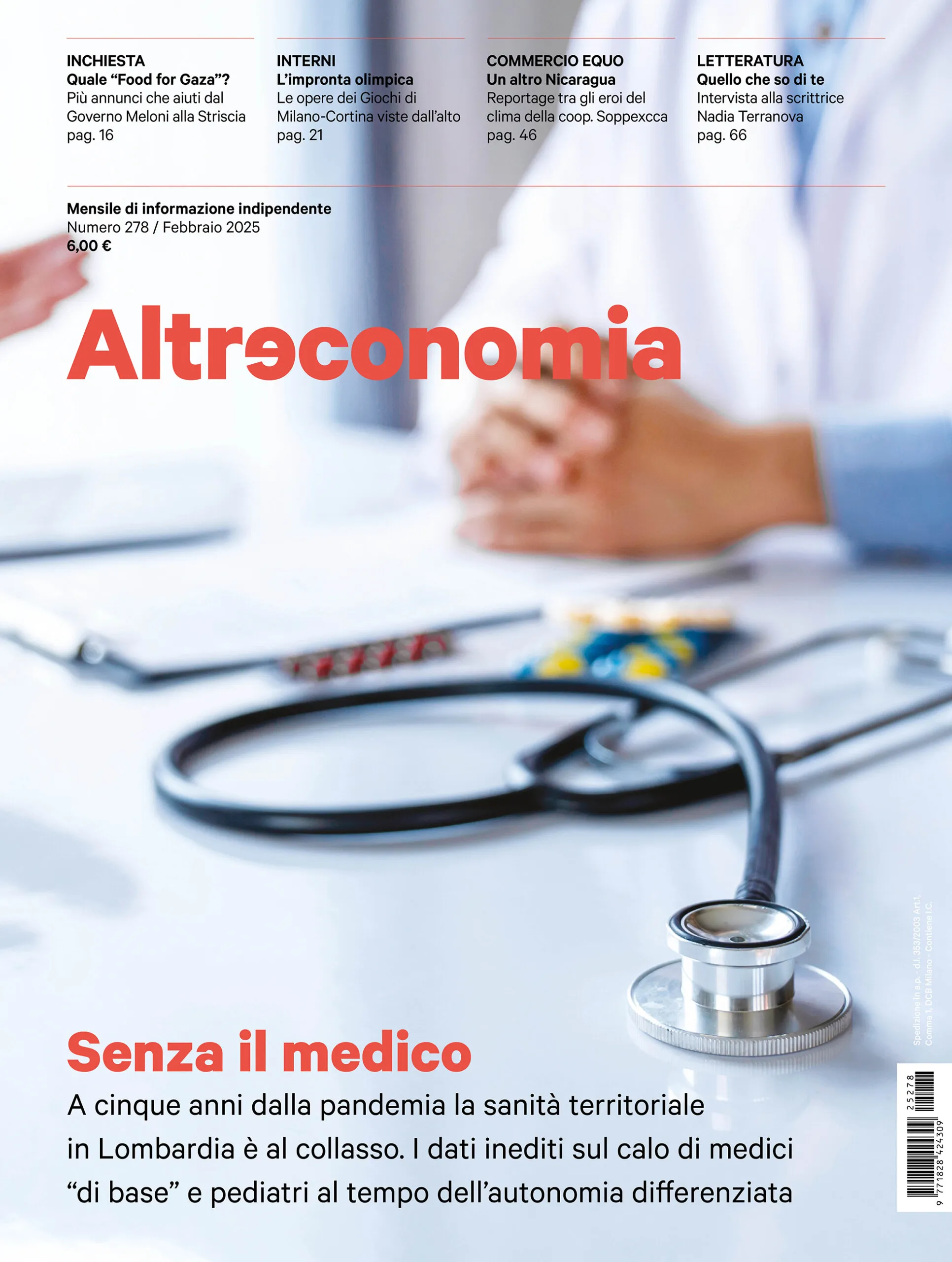Conference on
The Biological and Neuro-affective Turn in Education:
Towards a New Paradigm in the Genomic Era?
8-9 May 2025
University of Milan (Milan, Italy)
Organizers:
Prof. Dr. Paola Mattei (University of Milan)
Prof. Dr. Christian Ydesen (University of Zürich)
Dr. Anna Kyriazi (University of Milan)
Sophie Pia Stieger, MA (University of Zürich)
We are currently witnessing a growing influence of biological and neuro-affective perspectives
on educational policies and practices worldwide. This shift emphasizes concepts such as brain
health, genetics, personalized learning, and social-emotional development. The interplay
between biology, neuroscience, and education holds significant social and political
implications that are not yet fully understood. We invite submissions to a conference and
edited book project that will explore this phenomenon and address questions such as:
- Why is there an increasing integration of biological and neuro-affective perspectives
on educational policies and practices worldwide? - When, why, and how is biological and neuro-affective data utilized in educational
processes? - What are the implications of this new paradigm for addressing and understanding key
aspects of education such as education policy, education governance, inclusive
education, educational inequality, assessment and learning?
We welcome both theoretical and empirical contributions from a range of disciplines, includingeducation, history, sociology, political science, and neuroscience. Possible themes include,but are not limited to:
- Histories: How has the biological and neuro-affective turn in education evolvedhistorically? Contributions may explore how the human body has become central ineducation through measurement and data, placing this new paradigm within broaderscientific, political, and educational transformations.
- Scope: What are the various manifestations of this paradigm, and where can it belocated empirically? We encourage case studies, whether single-case or comparative(across countries and policy areas), that identify and analyze relevant examples.
- Causes and drivers: What factors contribute to the rise of this approach? Topicsmay include shifts in global education governance, institutional changes, andinfluential policy narratives, such as the drive for “evidence-based policymaking.”
- Outcomes and impacts: What are the potential consequences of incorporatingbiological and neuroscientific claims into educational policymaking? Contributionsmay examine effects ranging from policy design to specific program implementations,budgetary decisions, impacts on teaching, inclusion and learning, and shifts inperceptions of students’ abilities and development.
Submission Details:
- To apply, please submit a 300–400-word abstract to:
paola.mattei@unimi.it OR anna.kyriazi@unimi.it - Submission deadline: December 10th, 2024
- Travel and accommodation: All selected participants will have travel and
accommodation costs covered by the organizers. - Publication opportunity: Selected contributions will be included in an edited book
project linked to the conference.




